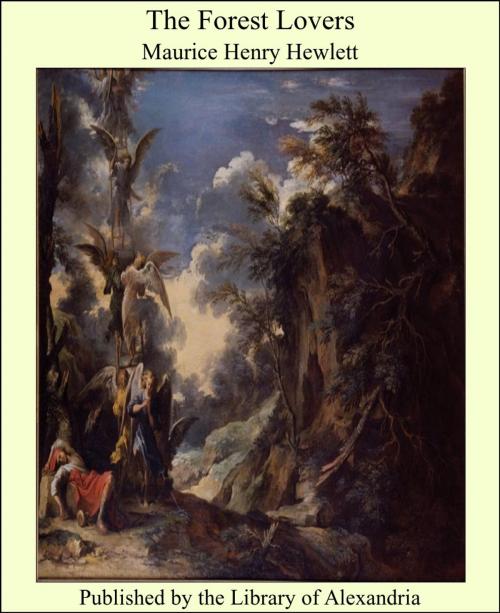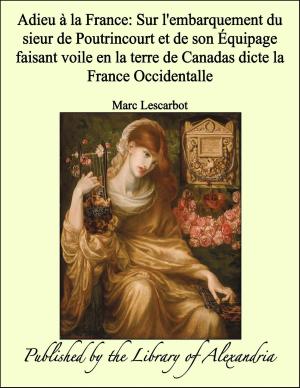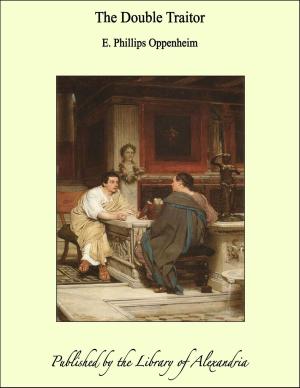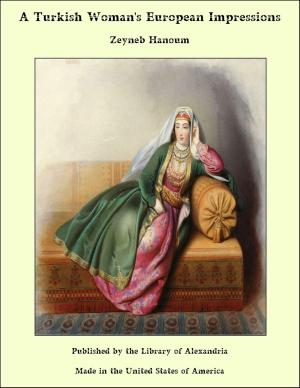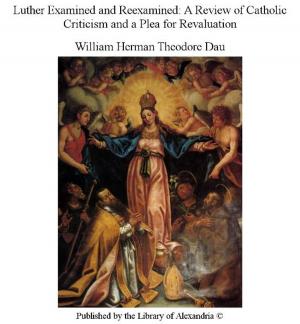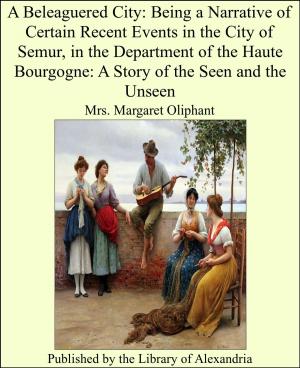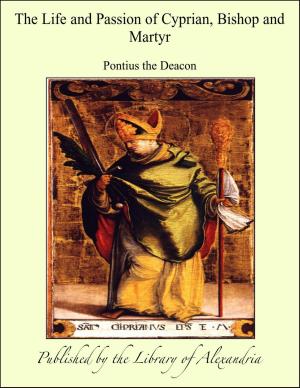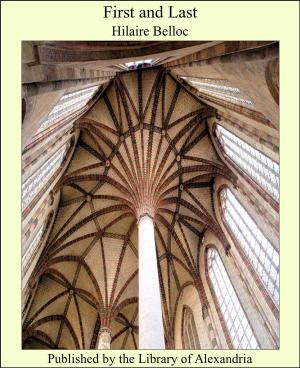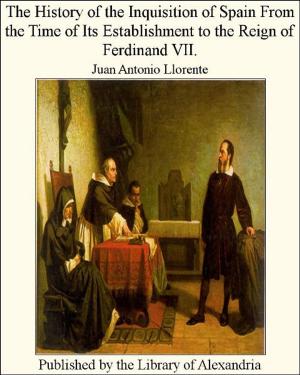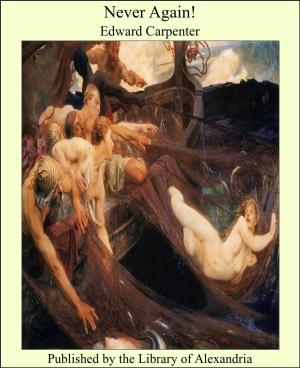| Author: | Maurice Henry Hewlett | ISBN: | 9781613103524 |
| Publisher: | Library of Alexandria | Publication: | March 8, 2015 |
| Imprint: | Language: | English |
| Author: | Maurice Henry Hewlett |
| ISBN: | 9781613103524 |
| Publisher: | Library of Alexandria |
| Publication: | March 8, 2015 |
| Imprint: | |
| Language: | English |
My story will take you into times and spaces alike rude and uncivil. Blood will be spilt, virgins suffer distresses; the horn will sound through woodland glades; dogs, wolves, deer, and men, Beauty and the Beasts, will tumble each Other, seeking life or death with their proper tools. There should be mad work, not devoid of entertainment. When you read the word Explicit, if you have laboured so far, you will know something of Morgraunt Forest and the Countess Isabel; the Abbot of Holy Thorn will have postured and schemed (with you behind the arras); you will have wandered with Isoult and will know why she was called La Desirous, with Prosper le Gai, and will understand how a man may fall in love with his own wife. Finally, of Galors and his affairs, of the great difference there may be between a Christian and the brutes, of love and hate, grudging and open humour, faith and works, cloisters and thoughts uncloistered—all in the green wood—you will know as much as I do if you have cared to follow the argument. I hope you will not ask me what it all means, or what the moral of it is. I rank myself with the historian in this business of tale-telling, and consider that my sole affair is to hunt the argument dispassionately. Your romancer must be neither a lover of his heroine nor (as the fashion now sets) of his chief rascal. He must affect a genial height, that of a jigger of strings; and his attitude should be that of the Pulpiteer:—Heaven help you, gentlemen, but I know what is best for you! Leave everything to me. It is related of Prosper le Gai, that when his brother Malise, Baron of Starning and Parrox, showed him the door of their father's house, and showed it with a meaning not to be mistaken, he stuck a sprig of green holly in his cap. He put on his armour; his horse and sword also he took: he was for the wilds. Baron Jocelyn's soul, the priests reported, was with God; his body lay indubitably under a black effigy in Starning Church.
My story will take you into times and spaces alike rude and uncivil. Blood will be spilt, virgins suffer distresses; the horn will sound through woodland glades; dogs, wolves, deer, and men, Beauty and the Beasts, will tumble each Other, seeking life or death with their proper tools. There should be mad work, not devoid of entertainment. When you read the word Explicit, if you have laboured so far, you will know something of Morgraunt Forest and the Countess Isabel; the Abbot of Holy Thorn will have postured and schemed (with you behind the arras); you will have wandered with Isoult and will know why she was called La Desirous, with Prosper le Gai, and will understand how a man may fall in love with his own wife. Finally, of Galors and his affairs, of the great difference there may be between a Christian and the brutes, of love and hate, grudging and open humour, faith and works, cloisters and thoughts uncloistered—all in the green wood—you will know as much as I do if you have cared to follow the argument. I hope you will not ask me what it all means, or what the moral of it is. I rank myself with the historian in this business of tale-telling, and consider that my sole affair is to hunt the argument dispassionately. Your romancer must be neither a lover of his heroine nor (as the fashion now sets) of his chief rascal. He must affect a genial height, that of a jigger of strings; and his attitude should be that of the Pulpiteer:—Heaven help you, gentlemen, but I know what is best for you! Leave everything to me. It is related of Prosper le Gai, that when his brother Malise, Baron of Starning and Parrox, showed him the door of their father's house, and showed it with a meaning not to be mistaken, he stuck a sprig of green holly in his cap. He put on his armour; his horse and sword also he took: he was for the wilds. Baron Jocelyn's soul, the priests reported, was with God; his body lay indubitably under a black effigy in Starning Church.
